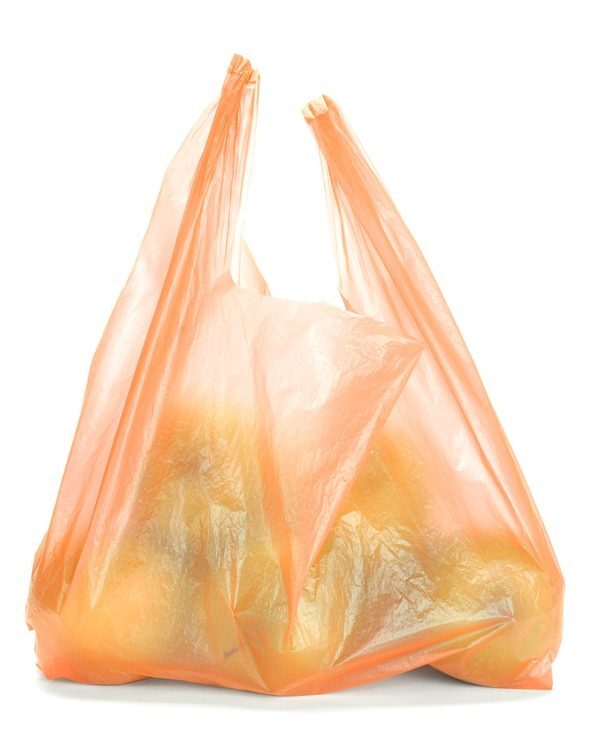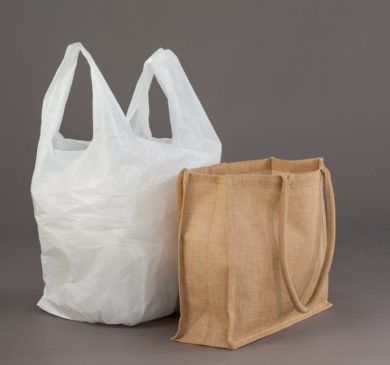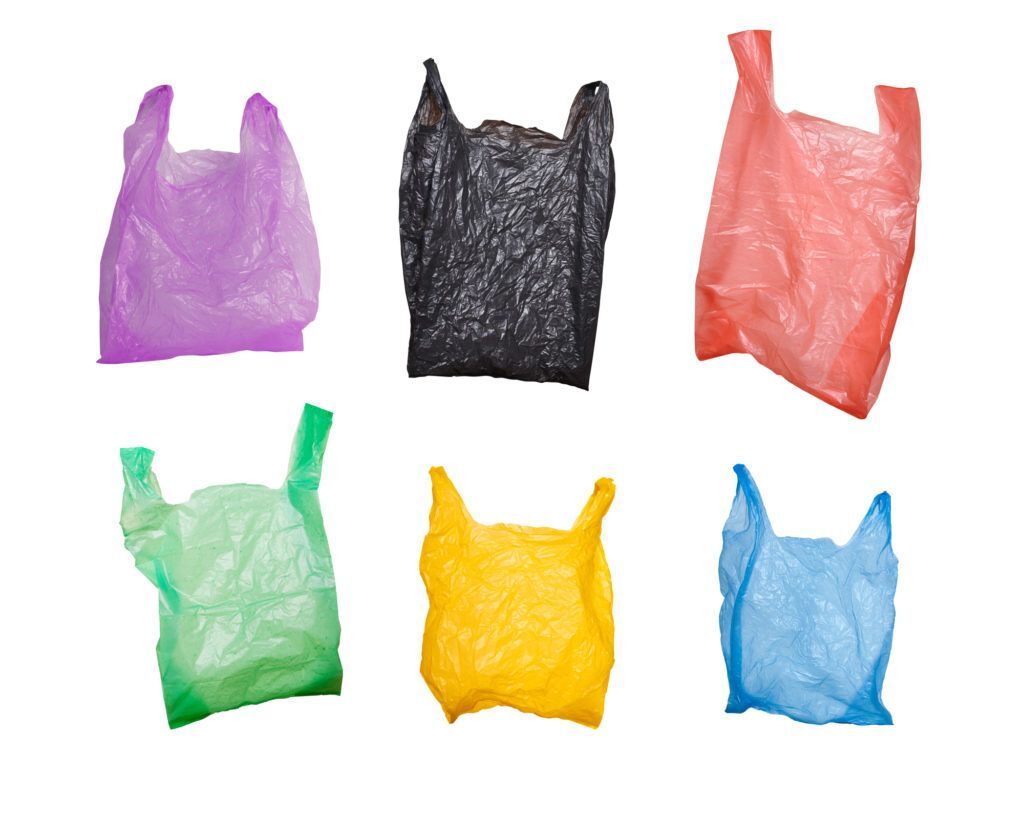An estimated 8 million metric tons of plastic ends up in the ocean every year. These are global concerns affecting every living creature. But how much can we truly do to slow or reverse global issues, and when is it up the government to promote change?
Over time, businesses have become more environmentally conscious, and sustainability has become a priority for many distributors and consumers alike, especially within younger generations. However, the good intentions and small-scale efforts may not be enough to protect the environment, and some cities across the United States have enacted plastic bag bans to reduce the amount of plastic waste their citizens are producing.
Banning Plastic Bag Bans?
In 2007, San Francisco became the first city in the United States to ban single-use plastic bags, and since then, the entire state of California has followed suit, as well as many larger United States cities. These bans are driven by the desire to reduce the use of fossil fuels for plastic production and lessen the amount of plastic that ends up as litter or in landfills. However, with all of the talk of plastic bag bans and regulations, there has been a movement in the opposite direction: toward the banning of plastic bag bans.
Some states—such as Arizona, Idaho, and Missouri—have enacted preemptive legislation against plastic bag bans, and many other states are in the process of passing similar regulations. It seems that people who are against plastic bags bans are unconvinced that plastic bags are worse than reusable bags over their lifetime. Instead, they are calling into question the number of plastic bags that are replaced by one reusable bag, and the carbon footprint, from the production to disposal, of a reusable bag in comparison to that of a plastic bag. Studies have used different assumptions to determine if reusable is more environmentally-friendly than plastic overall, but the results have been mixed.
Moreover, some people question if banning single-use plastic products can successfully reduce waste production. Opponents of the recent plastic plate, cup, and utensil ban in France say that banning plastic products could potentially make matters worse, claiming that consumers might assume that biodegradable replacements could be thrown away more carelessly, resulting in less recycling and more products littering city streets or in landfills.
This may seem like a bit of a reach, but the replacement of plastic products with biodegradable products, once again, brings up the question of carbon footprint—what qualifies as ‘biodegradable’ and will the production and disposal of these products be more sustainable in the long run?
Recyclers in a Jam
Plastic bags have not only been a topic of great discussion among the end users. They have been known to also cause problems for recyclers. When plastic bags get into the collection stream for city recycling plants they tend to jam up systems like chewing gum in hair. Companies like General Kinematics have created equipment that eases the burden of plastic bag contamination causing process shutdowns with the FINGER-SCREEN™ Primary Separator and DE-STONER® Air Classifier.
However, in situations where these newer technologies are not implemented, the bags may still find their way into each material stream it causes problems for the recycling facilities’ bottom line. Purity is key when selling recycled commodities but when the end product is contaminated with plastic bags they cannot make as much profit. This is why many recyclers support the bans.
On the other hand there are those that only recycle plastic bags but the lack of participation or disposal confusion in many communities can be a cause of frustration for these facilities. Many are not aware of this type of recycling. Plastic film can be recycled and used for anything from playground sets to pipes.
If Not Ban – Reuse, Reduce and Recycle

However, even though there have been recent efforts to increase the ease of plastic recycling, a global analysis published in Science Advances claims that, of the estimated 8.3 billion metric tons of plastic that are produced worldwide, less than ten percent has been recycled. The majority of plastic products have ended up in landfills or as litter; much of which washes into the oceans.
With the increased awareness of how plastic products and packaging are affecting the environment, numbers like the ones from the Science Advances study have been a call to action to improve recycling technologies. As such, at General Kinematics we are dedicated to improving the efficiency of recycling and recovery equipment. Our systems are designed to efficiently sort and separate recyclables so that fewer plastic products can be called ‘single-use.’








